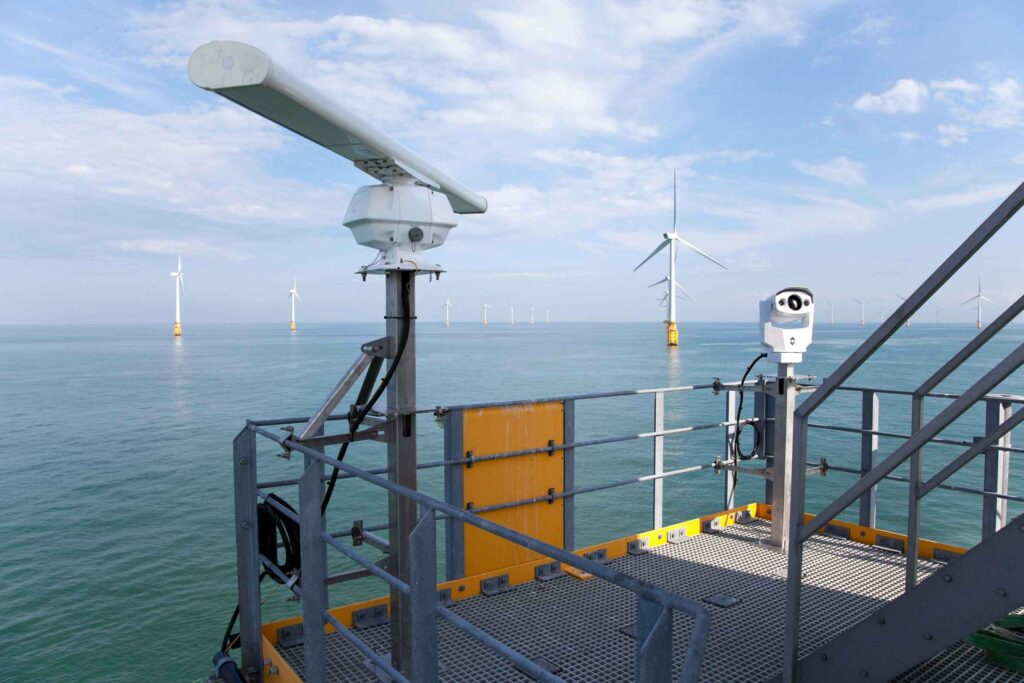A UK-centred research programme into the green impacts of offshore wind farms has moved to the next phase, adding Shell to the existing roster of supporting energy majors.
The British-Dutch oil and gas giant will be among the backers of the second stage of Carbon Trust’s Offshore Renewable Joint Industry Project (ORJIP) Offshore Wind.
Stage 1 partners EDF, EDP, E.ON, Equinor, innogy and Red Rock Power Limited will join Shell as they stay on as supporters of the next phase, according to the list shared by Carbon Trust this week.
As with its inaugural phase, the seven-year-old scheme will remain sponsored by public authorities, including the Crown Estate, Crown Estate Scotland and Marine Scotland.
Over the next four years, the programme’s second phase will further build a research body into offshore wind’s “true environmental risks”, in a bid to de-risk and streamline planning decisions and drive down costs and impacts of installations.
The second phase milestone sees ORJIP Offshore Wind move on from its Stage 1 launch in 2012.
Backed by BEIS, Centrica, Ørsted, Siemens and Vattenfall – none of whom feature for now in Carbon Trust’s Stage 2 partner list – the scheme’s debut phase probed acoustic deterrents for marine mammals and bird’s behavioural response to offshore farms, among others.
The collaborative public-private approach to get to the bottom of environmental impacts has been witnessed before in the UK solar sphere.
One such scheme – known under the SPIES acronym – was launched by Lancaster University and the University of York in 2016, in an attempt to better grasp solar’s impacts on ecosystem services.
Carbon Trust’s research efforts of recent years have extended to flexibility services, co-authoring a study in 2016 that claimed these technologies could save the UK £17-40 billion by 2050





